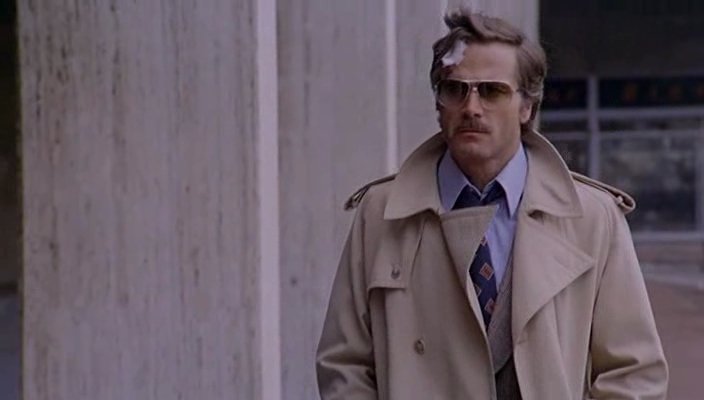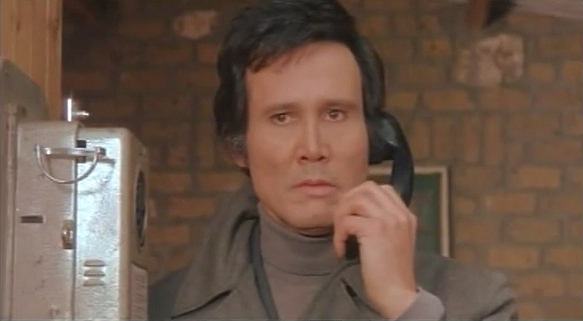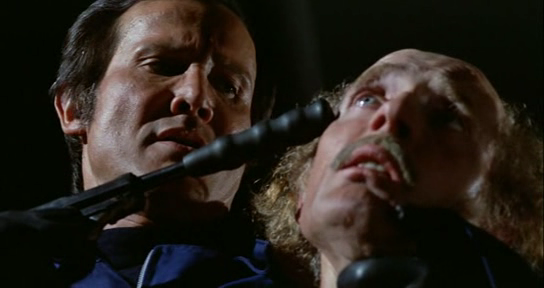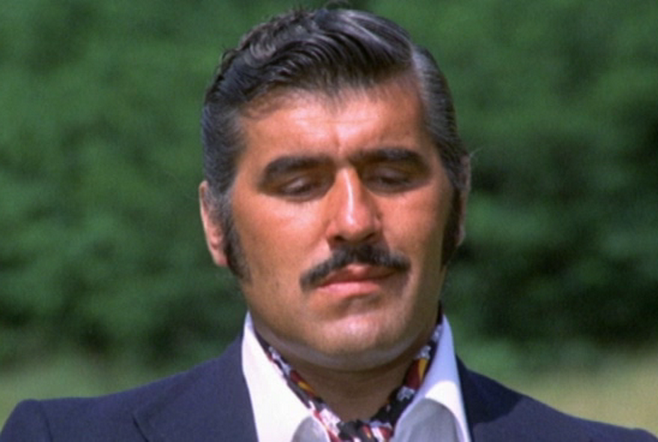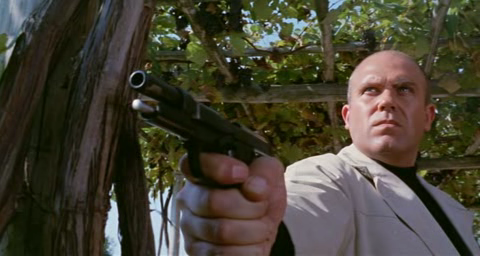Loaded Guns – Fernando Di Leo, 1975
Loaded Guns ( Colpo in canna) Italy, 1975 Director: Fernando Di Leo Screenwriter: Fernando Di Leo, Enzo Dell’Aquila Genre: Polizziesco, comedy Soundtrack composer: Luis Bacalov Production company: Daunia Film Cast: Ursula Andress (Nora Green) Woody Strode (Silvera) Marc Porel (Manuel) Isabella Biagini (Rosy) Lino Banfi (Commissario Calogero) Aldo Giuffrè (Don …


